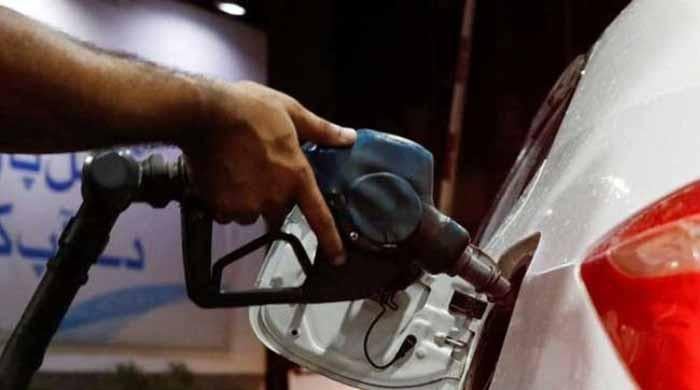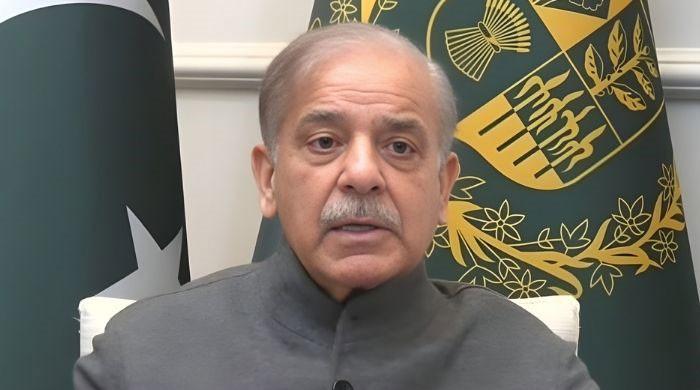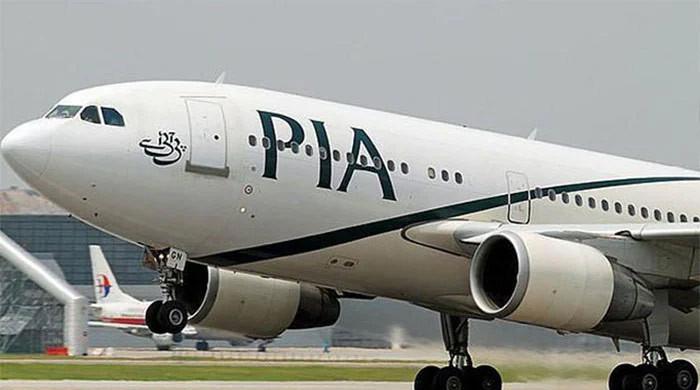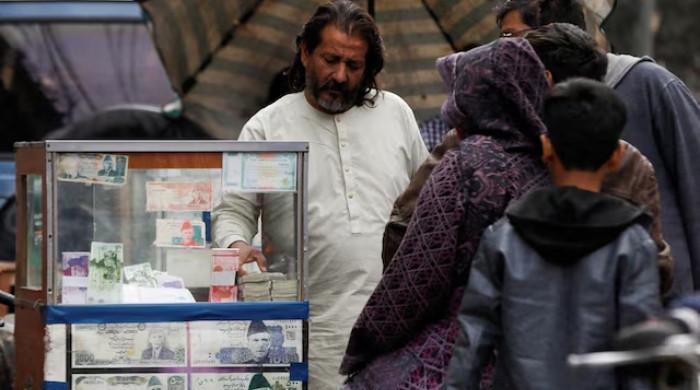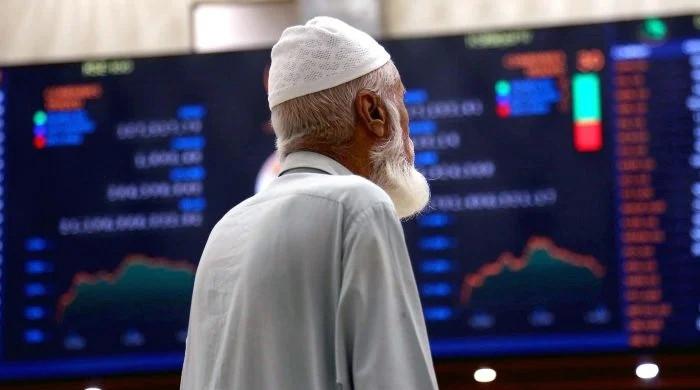Rupee gains as Pakistan edges closer to reviving IMF programme
Currency dealers expect rupee to rally during week on investors' growing optimism about Pakistan’s economic prospects
January 31, 2022
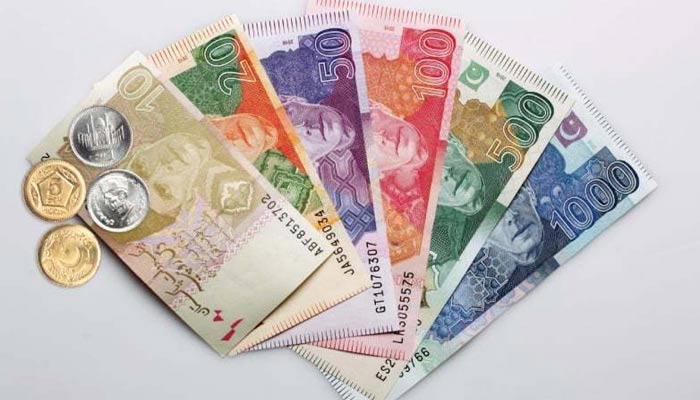
- Currency dealers expect rupee to rally during the week.
- Rupee closes at 176.72 after a day-on-day appreciation of 0.03%.
- "For the next couple of weeks, rupee may rally support by IMF approval," a trader says.
KARACHI: Pakistani rupee started the week with a slight improvement against the US dollar, appreciating 0.03% in the inter-bank market as the government passed two key bills that are seen as key conditions to reviving the International Monetary Fund (IMF) programme.
According to the State Bank of Pakistan (SBP), the rupee closed at 176.72 after a day-on-day appreciation of 0.03%.
The reversal in rupee trajectory comes after the government succeeded in passing the Finance (Supplementary) Bill, 2021, and the State Bank of Pakistan (Amendment) Bill, 2021, amid strong protest by the Opposition.
The bills are key conditions set by the IMF for the clearance of the sixth review of the $6-billion Extended Fund Facility (EFF), which is scheduled to take place on February 2 (Wednesday).
After posting a fresh gain of 0.03%, the Pakistani rupee has depreciated by 12.17% (or Rs19.18) since the start of the current fiscal year on July 1, 2021, data released by the central bank revealed.
The rupee has maintained the downtrend for the past nine months. It has lost 16.05% (or Rs24.45) to date, compared to the 22-month high of Rs152.27 recorded in May 2021.
Currency dealers said the rupee is expected to rally in the ongoing week on growing investors' optimism about Pakistan’s economic prospects after the government fulfilled all requirements for the resumption of the IMF loan programme.
A trader said: “For the next couple of weeks the rupee may rally supported by the IMF approval and the expected $1 billion inflows from the issuance of dollar-denominated sukuk."
However, some traders see cautious optimism in the market on fears of increasing inflationary pressures and further fragility in the current account amid a fresh spike in global commodity prices.
Markets seem to monitor the inflation path very closely and with Brent trading around multi year highs and sharp volatility in all other commodities, it would be challenging to halt the runaway inflation.
This would also lead to a surge in the current account deficit as oil is the major component of Pakistan’s imports.




